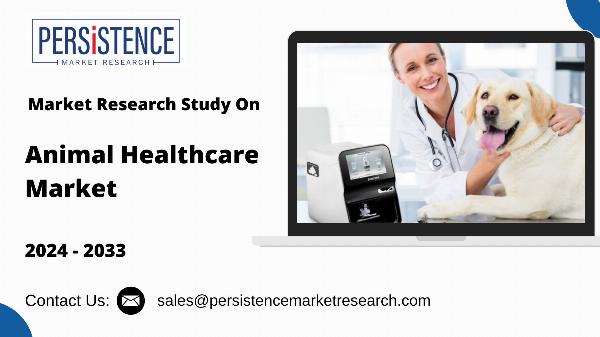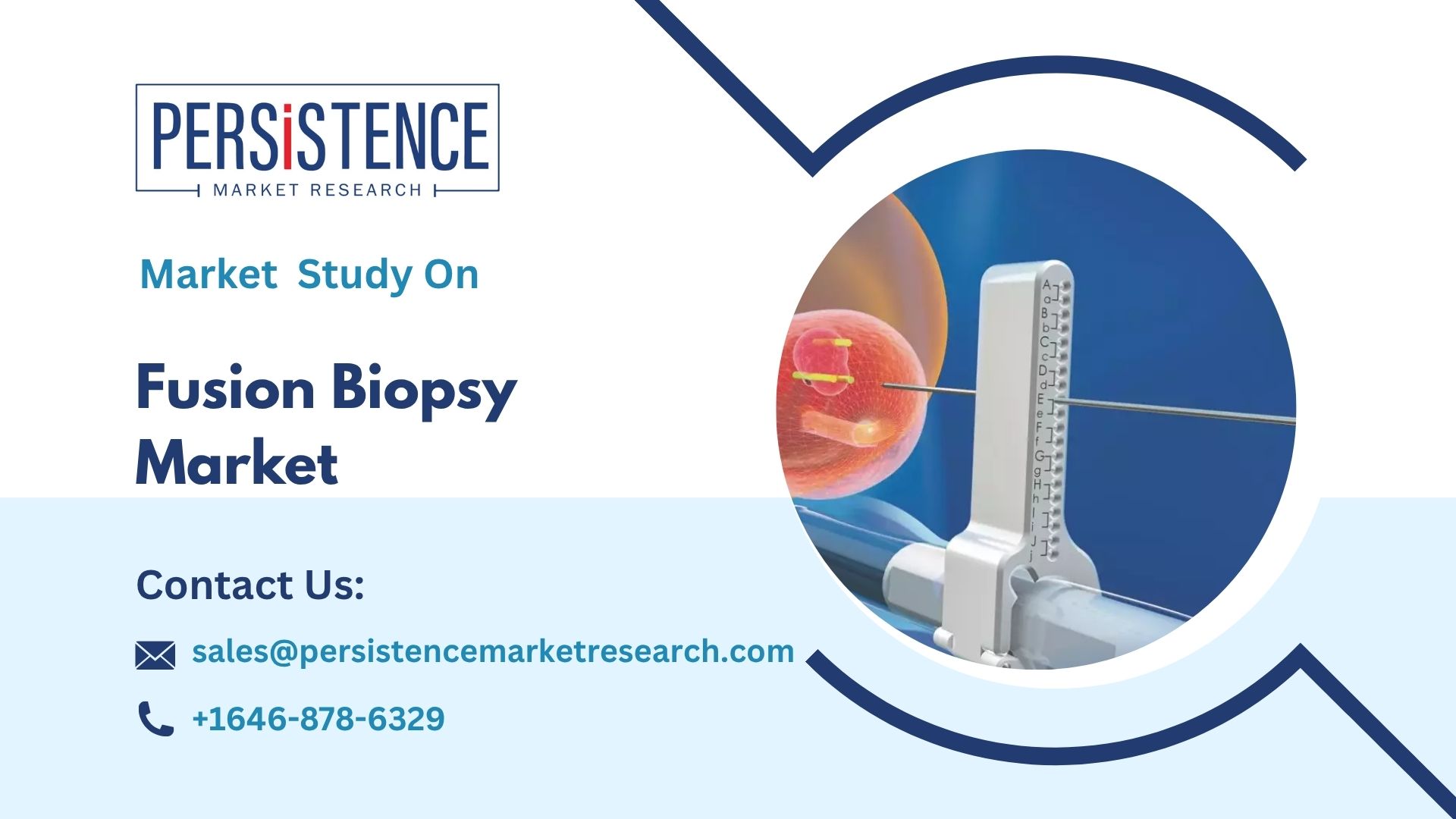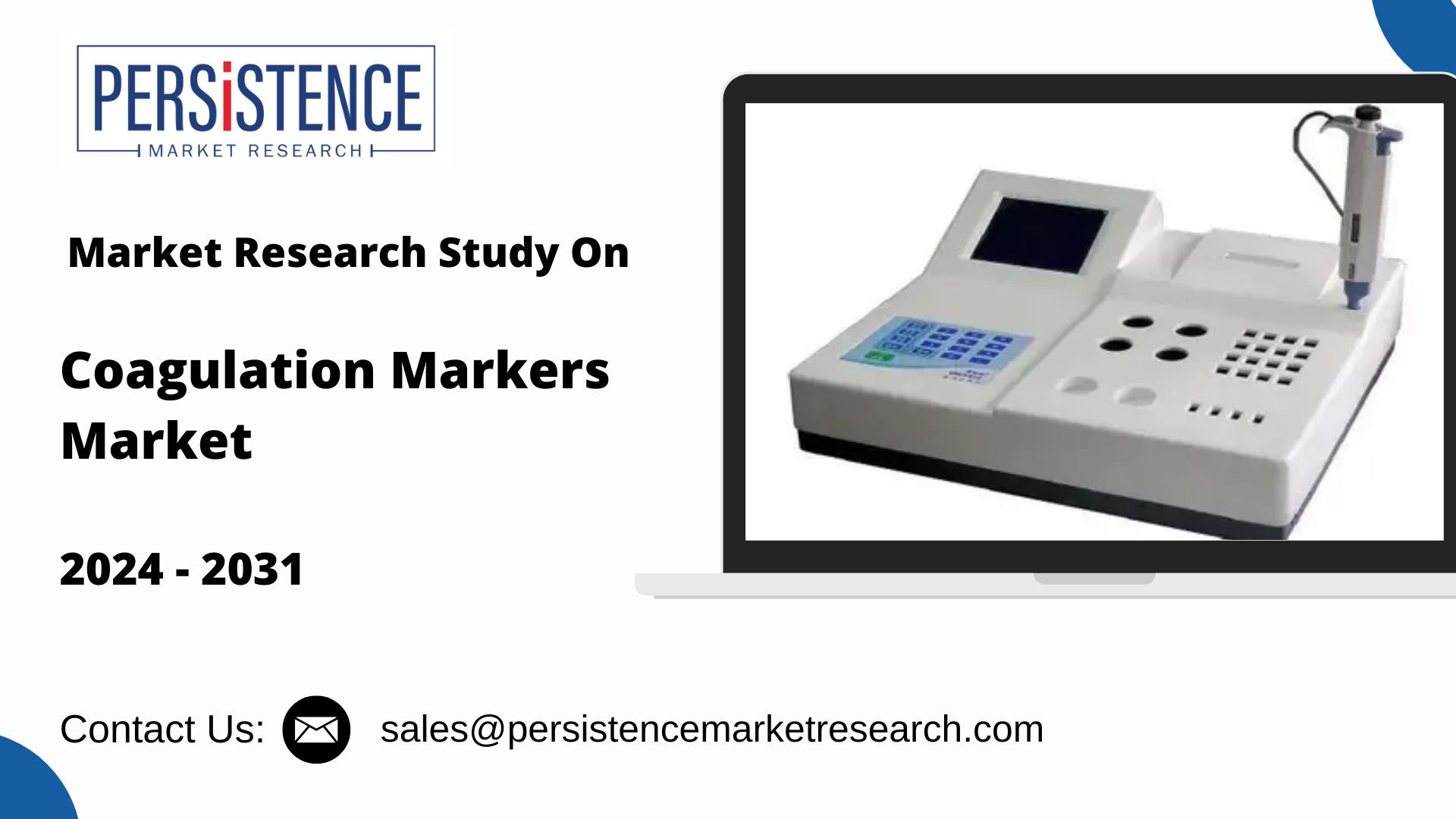Revolutionizing Animal Healthcare with Veterinary Pharmaceuticals

Strong8k brings an ultra-HD IPTV experience to your living room and your pocket.
The landscape of animal healthcare is rapidly evolving, and at the forefront of this transformation is the field of veterinary pharmaceuticals. These advanced medications and treatments are not only enhancing the well-being of animals but also contributing to more effective disease management, improved productivity in livestock, and better overall health outcomes for pets.
This article explores how veterinary pharmaceuticals are revolutionizing animal healthcare market, the innovations driving this change, and the implications for veterinarians, pet owners, and the agricultural industry.
1. The Role of Veterinary Pharmaceuticals
Veterinary pharmaceuticals encompass a wide range of medications and therapies designed specifically for animal health. Their primary roles include:
Disease Prevention: Vaccines and preventative medications play a critical role in protecting animals from infectious diseases. Effective vaccination programs can reduce the incidence of outbreaks and enhance herd immunity.
Treatment of Illnesses: From antibiotics to anti-inflammatory drugs, veterinary pharmaceuticals provide veterinarians with the necessary tools to treat a variety of conditions, ranging from infections to chronic diseases.
Pain Management: Advances in pain management medications, including non-steroidal anti-inflammatory drugs (NSAIDs) and opioids, have significantly improved the quality of life for animals undergoing surgery or suffering from chronic pain.
2. Innovations in Veterinary Pharmaceuticals
The veterinary pharmaceutical industry is witnessing remarkable innovations that are reshaping animal healthcare:
Biologics: These include vaccines, monoclonal antibodies, and gene therapies that harness the body’s immune system to prevent or treat diseases. Biologics are increasingly being used to target specific pathogens and conditions, enhancing the effectiveness of treatments.
Targeted Drug Delivery: Advances in drug formulation and delivery methods have enabled the development of targeted therapies that focus on specific organs or tissues. This approach minimizes side effects and maximizes therapeutic effectiveness.
Compounded Medications: Custom compounding allows veterinarians to create tailored medications to meet the unique needs of individual animals, especially those requiring specialized dosages or formulations.
Smart Pharmaceuticals: The integration of technology into pharmaceuticals, such as smart collars and ingestible sensors, enables real-time monitoring of an animal’s health and medication adherence, leading to more effective treatment outcomes.
3. Impact on Livestock Health
Veterinary pharmaceuticals are particularly crucial in livestock management, where they contribute to both animal health and agricultural productivity:
Growth Promotion: Certain pharmaceuticals, including growth hormones and antibiotics, are used to enhance growth rates and feed efficiency in livestock. However, there is a growing emphasis on responsible use to minimize antibiotic resistance.
Disease Control: Vaccines and medications are essential for controlling outbreaks of diseases in livestock, which can have significant economic implications for farmers. Effective disease management strategies ensure the health of the herd and protect food supply chains.
Sustainable Practices: The development of alternatives to antibiotics and the promotion of vaccination programs contribute to more sustainable livestock production, aligning with consumer demand for responsible farming practices.
4. Advancements in Pet Healthcare
Veterinary pharmaceuticals are also transforming healthcare for companion animals, enhancing their quality of life and longevity:
Chronic Disease Management: Innovations in pharmaceuticals have improved the management of chronic conditions such as diabetes, arthritis, and heart disease in pets. Long-term medications and monitoring systems allow pet owners to maintain their animals' health effectively.
Preventative Care: Vaccines and preventive medications (such as flea and tick treatments) play a crucial role in maintaining the health of pets and preventing the spread of zoonotic diseases to humans.
Behavioral Medications: The development of medications targeting behavioral issues, such as anxiety and aggression, has provided pet owners with effective tools to manage these challenges, enhancing the human-animal bond.
5. Regulatory Challenges and Considerations
While the advancements in veterinary pharmaceuticals are promising, there are regulatory challenges and considerations to keep in mind:
Drug Approval Process: The approval process for veterinary pharmaceuticals can be complex and time-consuming. Ensuring that new medications are safe, effective, and properly labeled is essential for protecting animal health.
Antimicrobial Resistance: The responsible use of antibiotics is critical in combating antimicrobial resistance. Veterinarians and pet owners must be educated on appropriate usage to minimize the development of resistant strains of bacteria.
Accessibility and Affordability: Ensuring that veterinary pharmaceuticals are accessible and affordable for pet owners and farmers is vital. Economic barriers can limit the use of essential medications, impacting animal health outcomes.
6. The Future of Veterinary Pharmaceuticals
The future of veterinary pharmaceuticals is bright, with continued innovations expected to shape the industry:
Personalized Medicine: Advances in genomics and precision medicine will allow for the development of tailored treatments based on an animal’s genetic makeup, improving therapeutic outcomes.
Telemedicine Integration: The rise of telemedicine in veterinary care will facilitate remote consultations and enhance access to pharmaceutical expertise, enabling timely interventions.
Sustainable Alternatives: Ongoing research into sustainable alternatives to traditional pharmaceuticals, such as herbal remedies and probiotics, will continue to gain traction, providing new options for animal healthcare.
Conclusion
Veterinary pharmaceuticals are revolutionizing animal healthcare, providing veterinarians and pet owners with innovative tools to prevent, diagnose, and treat various conditions. As advancements continue to emerge, the impact on both companion animals and livestock is profound, enhancing the quality of life for animals while promoting sustainable practices in agriculture.
By navigating the regulatory landscape and addressing challenges related to antimicrobial resistance and accessibility, the veterinary pharmaceutical industry can unlock even greater potential for improving animal health and welfare in the future.
Note: IndiBlogHub features both user-submitted and editorial content. We do not verify third-party contributions. Read our Disclaimer and Privacy Policyfor details.







